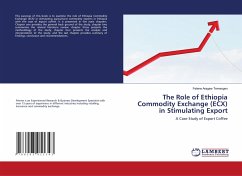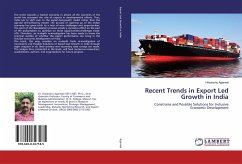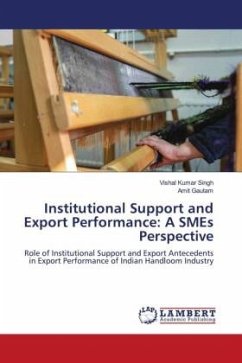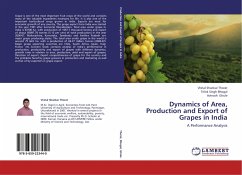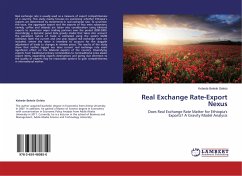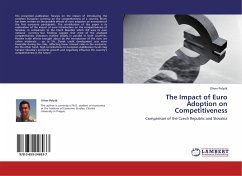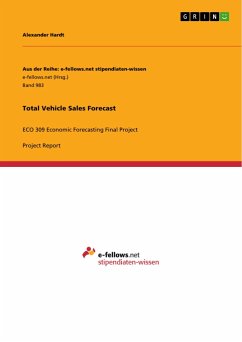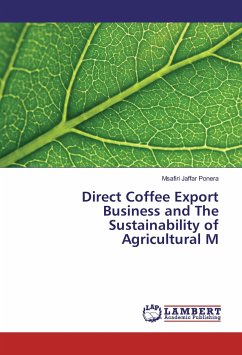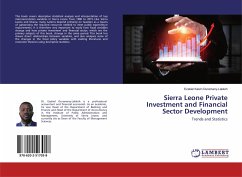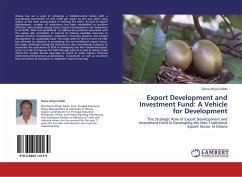
Export Development and Investment Fund: A Vehicle for Development
The Strategic Role of Export Development and Investment Fund in Developing the Non-Traditional Export Sector in Ghana
Versandkostenfrei!
Versandfertig in 6-10 Tagen
32,99 €
inkl. MwSt.

PAYBACK Punkte
16 °P sammeln!
Ghana has set a goal of achieving a middle-income status with a quantitative benchmark of US$ 1,000 per capita by the year 2015 using export as the main spring board in realizing this vision. As part of export development, number of institutions has been established to perform different roles notably among them is Export Development and Investment Fund (EDIF). EDIF was established to address the problems associated with the supply side constraints of exports by making available resources to address product development, promotion, financing research and market development on sustainable basis ....
Ghana has set a goal of achieving a middle-income status with a quantitative benchmark of US$ 1,000 per capita by the year 2015 using export as the main spring board in realizing this vision. As part of export development, number of institutions has been established to perform different roles notably among them is Export Development and Investment Fund (EDIF). EDIF was established to address the problems associated with the supply side constraints of exports by making available resources to address product development, promotion, financing research and market development on sustainable basis .The study seeks to find out how far EDIF has achieved its objective in promoting the non-traditional export sector, the major challenges facing the institution.It also recommends solutions to accelerate the operations of EDIF in developing the Non-Traditional Export sector in order to improve the GDP through exports as well as reduce trade deficit.The analysis should especially be useful to policy makers, financial institutions,entrepreneurs,academicians, consultants as well as countries that are intend to introduce or implement export financing



